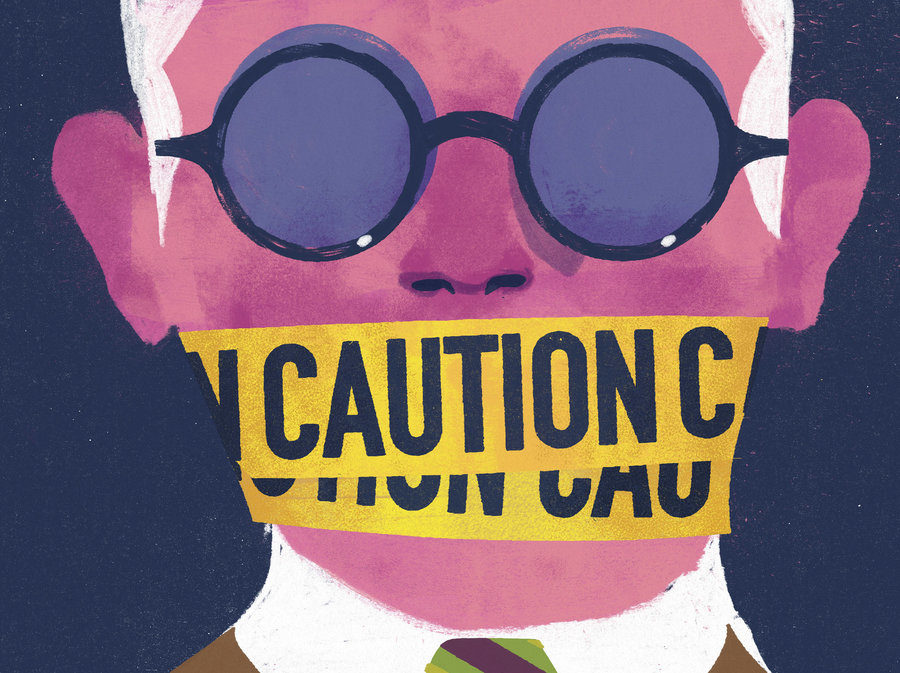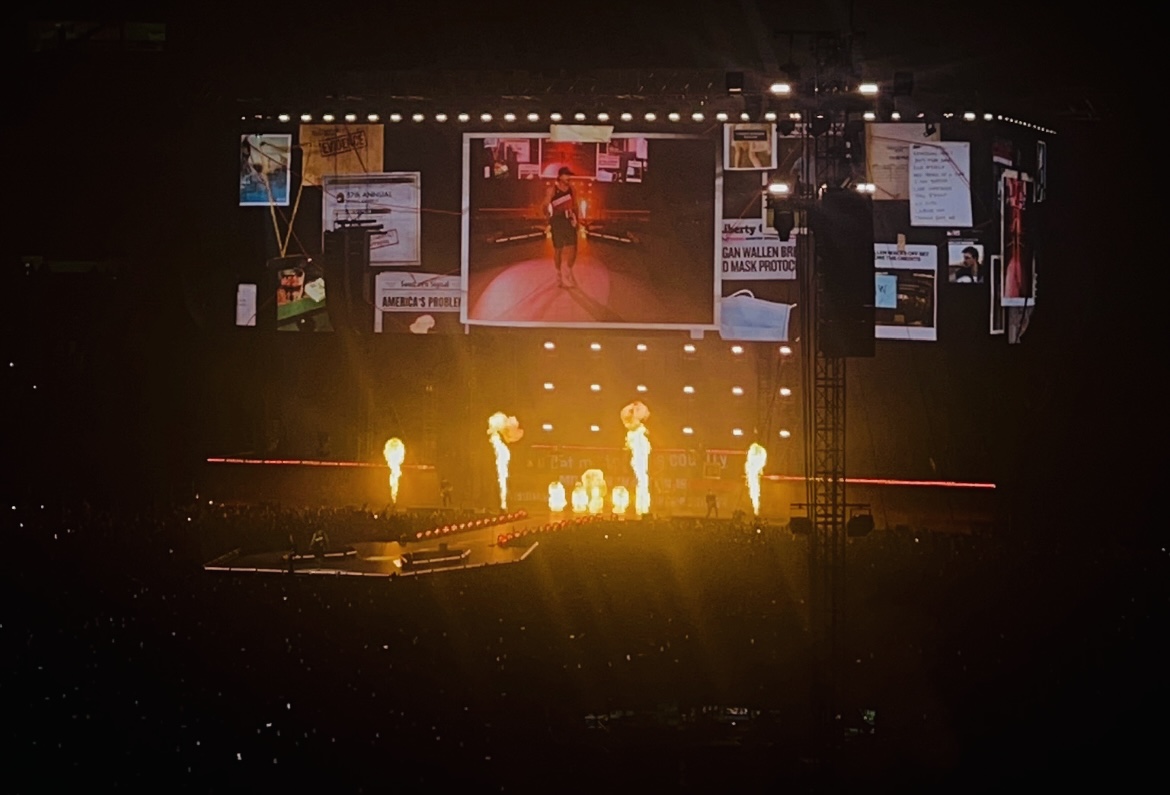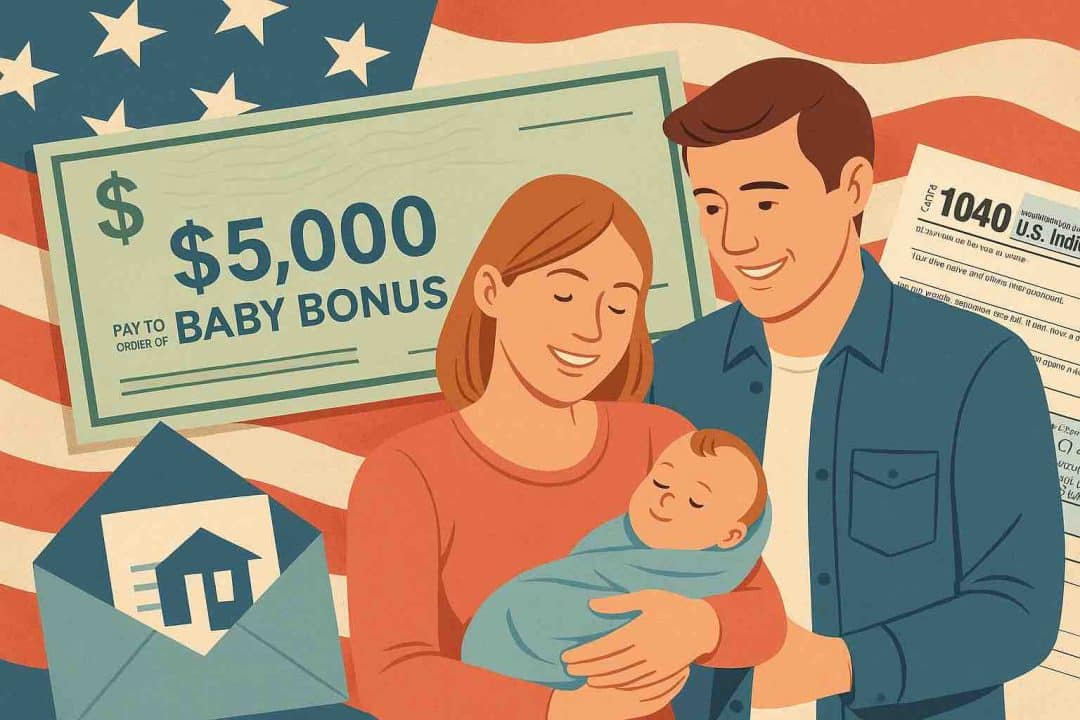Trigger Warnings??
October 13, 2017
We live in an age where most of us are easily offended by everything, but something interesting is happening at college campuses. Two terms are popping up with the school campuses around America and that is “Microaggressions” and “Trigger Warnings”. To give a brief definition of these two terms, microaggressions are indirect, subtle, and unintentional discriminating acts against those of a part of a marginalized group. A trigger warning is a statement at the start of content that may be considered “offensive” or “harmful” to anyone viewing the specific content. The term microaggressions first appeared in the late 1970’s and often referred to subtle racial affronts. Since then, the term has grown and expanded and now refers to anything that’s offensive on a virtually any platform. Students are now trying to use trigger warnings to their advantage, but is it being used appropriately or is the term being abused and is it even necessary at all?
Trigger warnings and microaggressions are very controversial topics among most millennials. When the term trigger warning is used, it is most likely being used in the wrong sense about 99% of the time. These terms have actually made their way to schools for those who are sensitive to certain topics. In my opinion and the opinion of countless others, trigger warnings should be used, but to a limited extent. trigger warnings should most definitely be used for those who suffer from depression and those who struggle with other mental illnesses. When someone uses the term trigger warning for somebody saying something they don’t agree with, then the word is being abused. Life is definitely difficult, but you cannot protect yourself from every single thing that you don’t like about this world. You can’t protect yourself from words or statements that you don’t agree with – that is utterly pointless. You’re going to come across people with differing views or beliefs, but you cannot shut them down just because you don’t like it or don’t agree. Basically, this is coming down to “I don’t like what you’re saying, so, agree with me or shut up.” We cannot live like that because it is not realistic in the slightest sense. You have a differing view other than your peers? Great! But, you can’t restrict their freedom of speech or their freedom to believe what they believe.
I believe that trigger warnings are appropriate to an extent. If you’re trying to use the terminology for your own gain because you don’t like what someone has to say, then you’re abusing the word entirely. In today’s world, the terminology of trigger warnings and microaggressions are nothing but a joke and yet we still have a significant amount of people who take everything too seriously. Trigger warnings should be used to protect the people who truly need protecting and not for shutting other people down.











